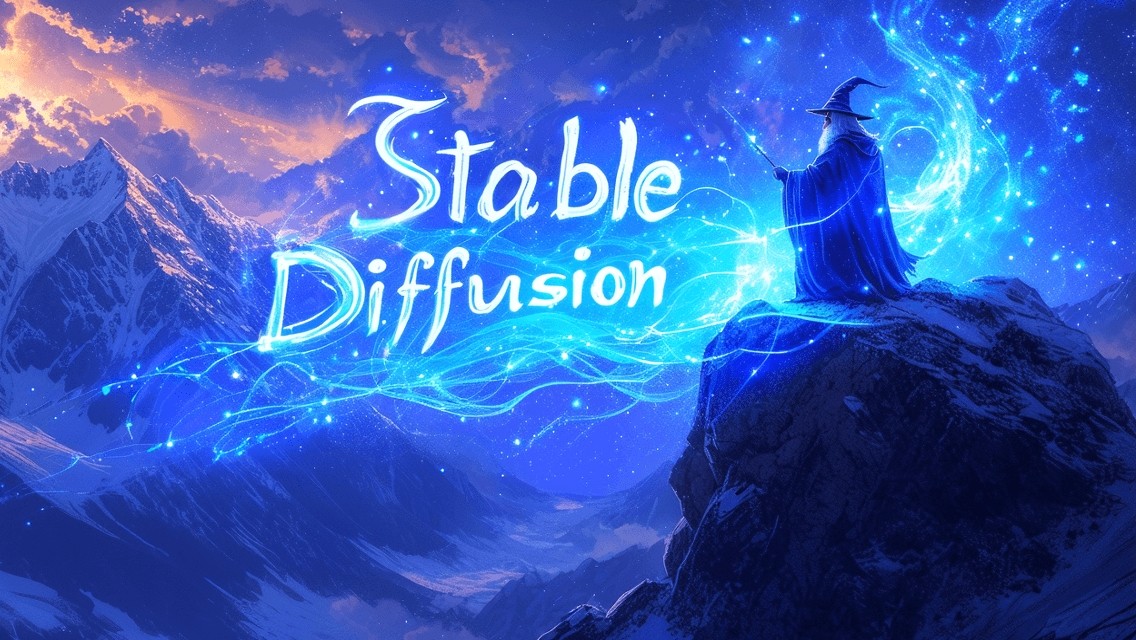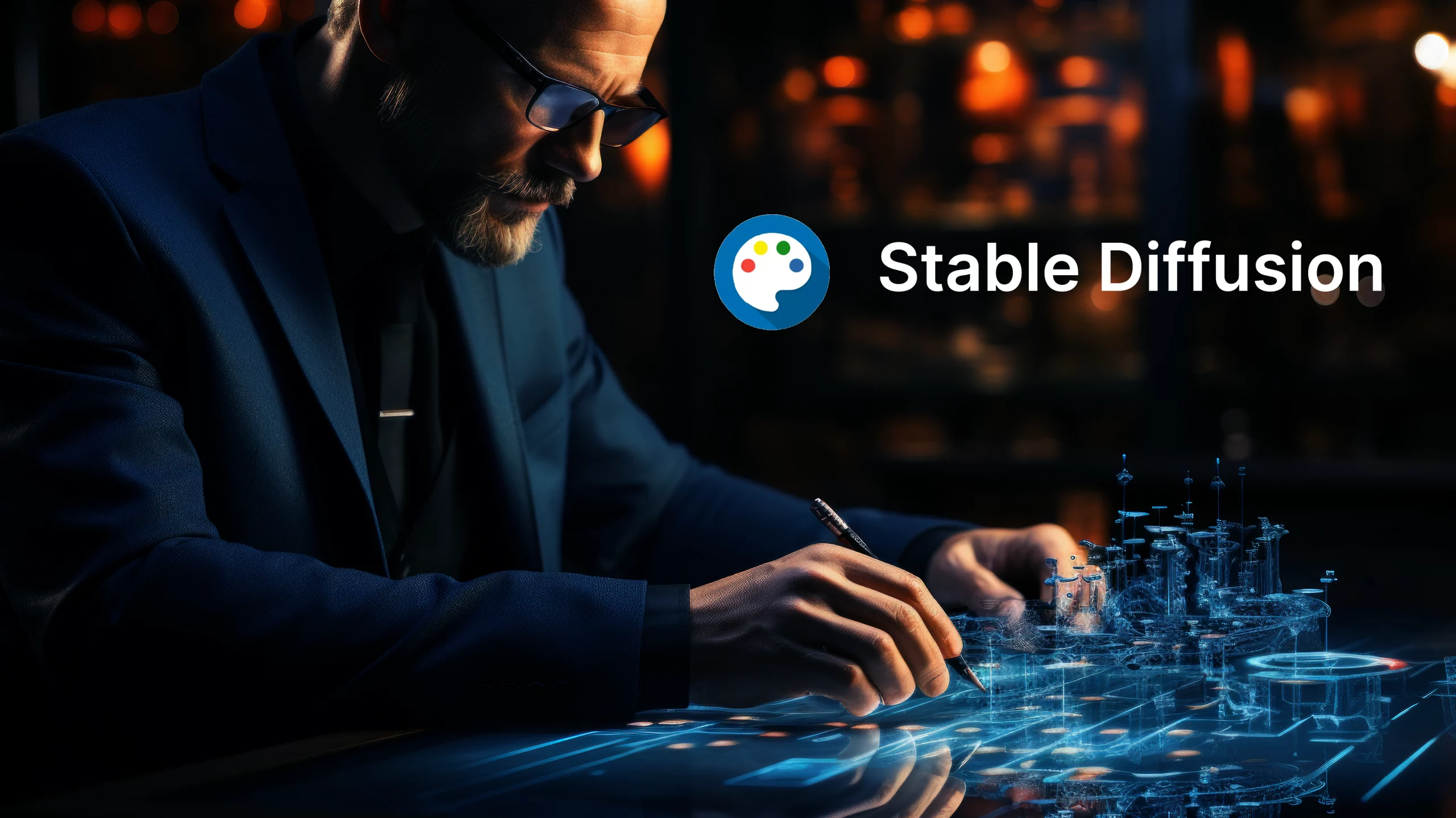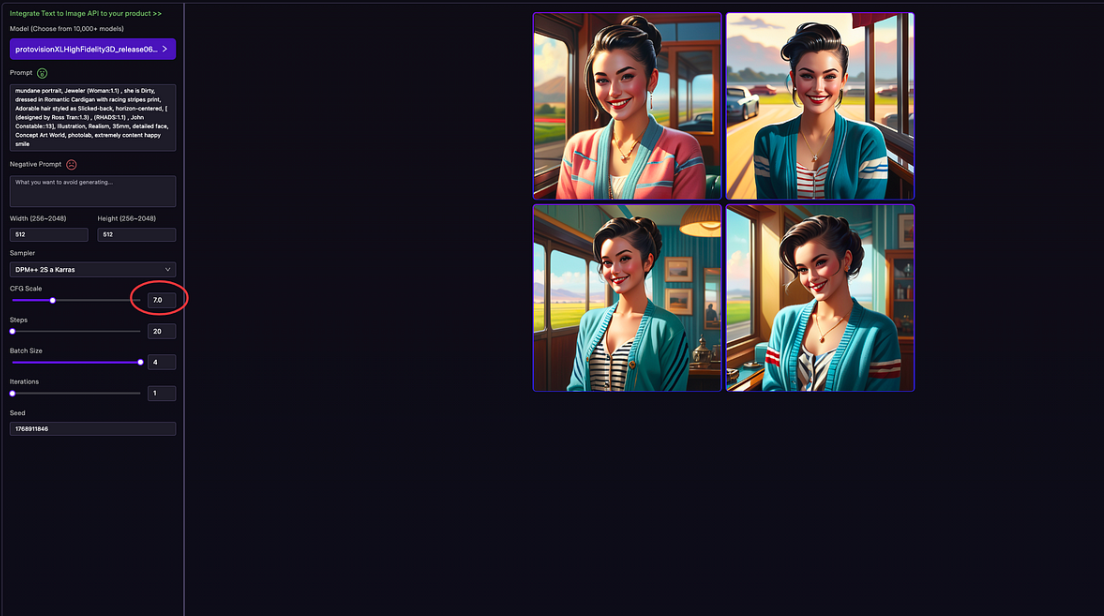Luma AI recently released its latest generative video model, Ray2, which quickly attracted the attention of the industry. Luma AI launched its Dream Machine platform just seven short months ago and has become a leader in AI video creation. However, with the rapid development of AI video technology, the launch of Ray2 seems to mark another major advancement in this field.
Amit Jain, co-founder and CEO of Luma AI, said on social media that Ray2 has "fast, natural and consistent movement and physical effects", and its training uses ten times the computing resources of the previous generation model Ray1. This improvement significantly increases the success rate of producing production-ready high-quality videos, making video creation more accessible.

Ray2 currently only supports the text-to-video function. Users only need to enter a description to generate a 5 to 10 second video clip. While there may be delays during times of peak user demand, Luma AI can typically generate new videos in seconds. Sample videos from early test users show that Ray2 performs very well, showing vivid scenes such as a man running in an Antarctic snowstorm and a ballet dancer on the ice. The movement is smooth and natural, even surpassing many competitors.
Feedback from users has been generally positive, with many saying that Ray2 has significantly improved photography effects, light and shadow performance, and realism. Although my testing results were mixed, it was truly stunning when the resulting video matched my ideas, such as a scene of dueling astronauts in orbit around Jupiter.
To celebrate the release of Ray2, Luma Labs is also hosting the Ray2 Awards event, where creators have the chance to win up to $7,000. The event is divided into two parts: the first is a large-scale creation prize, where the winner will receive $5,000 based on the number of views of the video; the second is a draw for sharing Ray2 content through social media, where participants can win $3,000. The deadline for all submissions is January 22, 2025.
Ray2 is not only a major step forward for Luma AI in video generation technology, but also provides creators with rich creative possibilities. In the future, it will also add image to video, video to video and editing functions. The growth and innovation of Luma AI are continuously promoting the progress of the entire AI video creation industry.
AI courses are suitable for people who are interested in artificial intelligence technology, including but not limited to students, engineers, data scientists, developers, and professionals in AI technology.
The course content ranges from basic to advanced. Beginners can choose basic courses and gradually go into more complex algorithms and applications.
Learning AI requires a certain mathematical foundation (such as linear algebra, probability theory, calculus, etc.), as well as programming knowledge (Python is the most commonly used programming language).
You will learn the core concepts and technologies in the fields of natural language processing, computer vision, data analysis, and master the use of AI tools and frameworks for practical development.
You can work as a data scientist, machine learning engineer, AI researcher, or apply AI technology to innovate in all walks of life.







